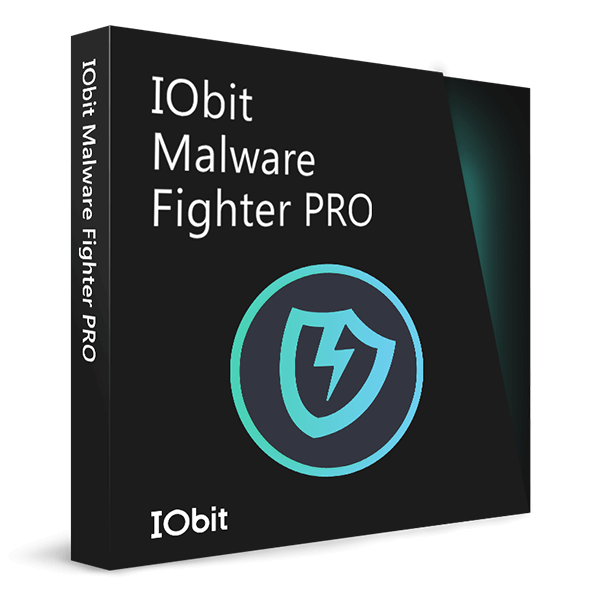- Support Center
- Multiple Languages
- Language
- Help Us Translate
Expert in
PC Health Solution
All-in-one PC health solution: clean, optimize and secure

Comprehensive PC cleaning, optimization and protection
Keep drivers always up-to-date

More stable performance with less system crashes
Protect millions of computers against malware

Top computer security with full-round protection
Protect against viruses & boost PC performance
Easily removing unwanted programs & leftovers
Automatically keep your software up-to-date
Quickly check system information and PC specs
Never worry about data theft or privacy leaks
Maximize hard drive optimization for faster PC
Enjoy a Faster and More Secure Mac

In this era of big data, it’s becoming ever-more challenging to stay anonymous online. All of our activities on the web, browsing, searching, typing and so on, will be tracked in certain ways. These collected data will help build a portrait of us, like who we are, where we live and go, and what we are interested in, etc. and make the internet more convenient and intelligent. However, we have to at the same time try harder and harder to prevent our personal information from malicious tracking. Though impossible to avoid online tracking completely, still we can do something to make ourselves safer while surfing online.
Here I’m going to share with you 7 easy ways that you can take to prevent companies or organizations from tracking you on the internet.
1. Turn on your browsers’ Privacy & Security setups
It should be your first line of defense against online tracking, which protects you from being tracked by third party advertisers or institutions.
Chrome: Go to settings - > Advanced ->Privacy & Security ->Content Settings ->Cookies ->Block third-party cookies.

Firefox: Go to Options -> Privacy & Security -> Tracking Protection, choose Always to block known trackers.
Please note: These anti-tracking methods are not always effective because whether to track you depends on the sites you visit.

2. Clear out cookie and caches regularly
Cookies are small pieces of data that we left while browsing. Many companies make use of the cookies to track you across multiple sites for months if you don’t clear them out. So it’s of great importance to clear cookies regularly.
3. Use a VPN
Installing a VPN Programm will let the websites you visit only see the IP address of the VPN servers rather than your real location, which helps you keep anonymous and safe on the web. It is particularly useful if you’re on public Wi-Fi at a coffee bar or the airport.

4. Generate complex passwords, better to use different passwords for different sites
Today, most of the sites require an account to log in, and the passwords become the only barrier between your data and hackers. So the more complex the password is, the less likely your personal data will be stolen. Further, it’s better to use different passwords for different sites you usually visit. That’s because if one of your passwords was leaked, the hacker may have access to the rest of your accounts.

5. Adjust your social networks’ ads settings
It is an open secret that social networks are tracking your every behavior on the web through quick and easy Like, Follow, Share buttons. But still you can limit how they use this information. Go to your social network setting pages, then find relevant ads tracking options and turn them off.
6. Install an anti-tracking program and keep it running while online
As mentioned above, though we can enable all the no tracking options, these settings may not always effective due to some reasons. So an anti-malware and anti-tracking program is recommended to safeguard your privacy. IObit Malware Fighter provides real-time protection to detect suspicious tracking online and keep your online behavior safe from unidentified links, phishing, and adware. Besides, the enhanced Anti-tracking engine is able to clear tracking cookies automatically once you close the browsing pages.

You May Also Like,

No, next time.
Subscribe to keep you updated on products updates and special offers via email. And you can opt-out at any time.
© 2005 - IObit. All Rights Reserved |Refund Policy |EULA |Legal Notice |Privacy Policy
AI face swap Vidqu Vidwud Vidmud iMofone EaseHow iSmartta MioCreate Contact Us Support Products Home
IObit uses cookies to improve content and ensure you get the best experience on our website.
Continue to browse our website agreeing to our privacy policy.